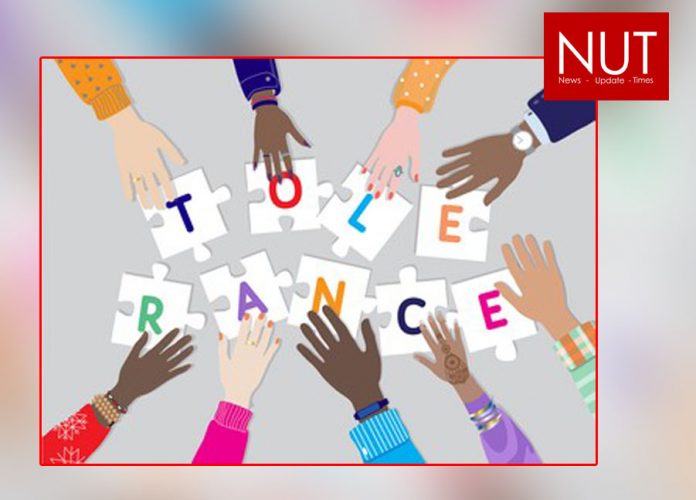Maliha Baluch
Religious tolerance is imperative in creating modern, progressive and enlightened societies. It allows people with different faiths, beliefs and values to peacefully coexist with one another. It is the foundation of an inclusive and peaceful society.
In a country like Pakistan, where Muslims make up 96.2% of the population, according to the 2017 census, 3.8% Pakistani citizens belong to religious minority groups. Does that make them any less Pakistani?
Pakistan was built on the basis of religious freedom, equality and tolerance. One of the most popular sayings of the founder of Pakistan, Quaid-e-Azam Muhammad Ali Jinnah was “You are free to go to your temples, you are free to go to your mosques or to any other place of worship in this state of Pakistan. You may belong to any religion or caste or creed, that has nothing to do with the business of State.” The Constitution of Pakistan guarantees fundamental rights equally to all citizens, including the freedom of belief, faith worship and association.
The constitution guarantees to observe freedom, equality, tolerance and social justice, granting minority groups the freedom to profess and practice their religions, manage religious institutions and develop their cultures. The right to religion has been enshrined in the Constitution of Pakistan, Article 19 A of the Constitution of Pakistan states “Every citizen shall have the right to profess, practice and propagate his religion.” This right allows every citizen in Pakistan, belonging to any religious denomination, the freedom to practice his/her religion and to establish, maintain and manage religious institutions. Additionally, Article 22 safeguards the rights of religious minorities in education institutions. According to Article 22, no individual attending any educational institution should be required to participate in ceremonies of receive religious instructions that do not relate to his/her own religion. This article also protects religious minorities from discrimination and mistreatment in educational institutions.
The Government of Pakistan has also taken monumental steps to promote religious tolerance and diversity in the country. For example, the Government opened the Kartarpur Corridor, allowing Sikh pilgrims from around the world to visit Gurdwara Darbar Sahib, one of the holiest shrined in Sikhism. In another attempt to promote interfaith harmony, the Federal Minister for Railways launched the Lahore-Karachi Christmas Peace Pray Train in 2021 for all the citizens of Pakistan celebrating Christmas. There are also many nongovernmental campaigns dedicated to promoting tolerance, peace and equality in Pakistan. Mashal-e-Haq, for example, is a digital campaign raising awareness about the rights of marginalized and vulnerable groups in Pakistan. The campaign has managed to initiate a discourse on social media platforms about the importance of, and the need to, recognize social and individual responsibilities in creating a peaceful, united and tolerant society. The campaign educates its audiences on the freedoms that The Constitution of Pakistan has equally granted all citizens, encouraging the online (and offline) community to change individual behaviors and create an environment where these rights are easily accessible and enjoyed by all members of the society.
Individual role and behavior change in creating an inclusive and peaceful society is vital! As a society, we must reflect inward and understand the impact each one of us can have. As a society, we must instill values of equality, tolerance, acceptance and compassion amongst our generations and ourselves to progress as a peaceful and united country. There is something each one of us can do to promote tolerance, diversity and equality.






